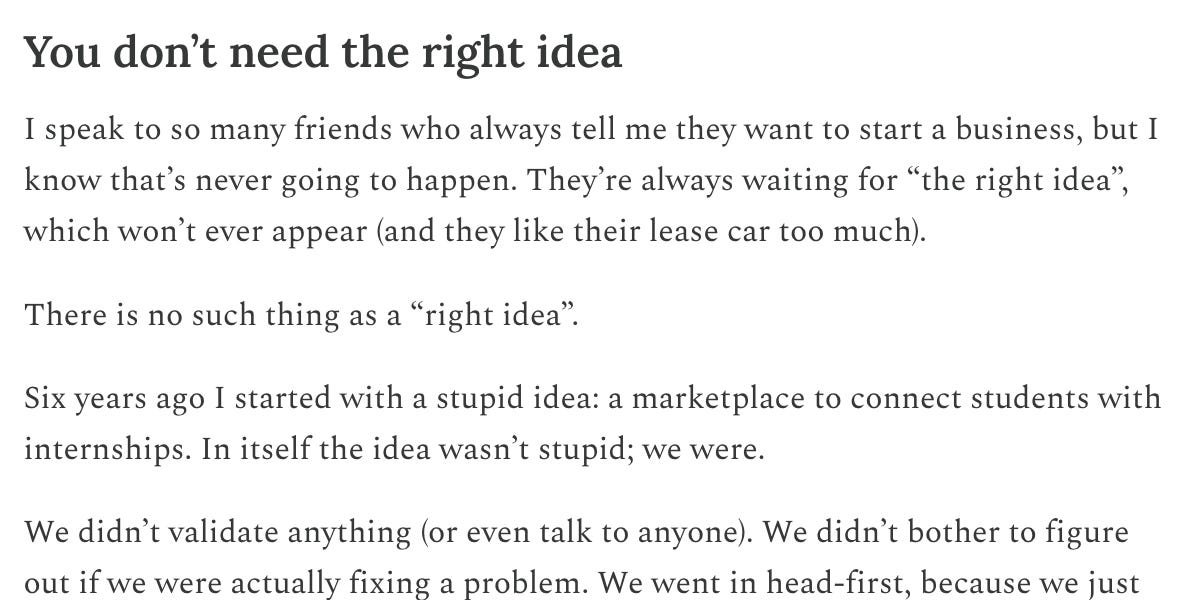But if you're not intimately familiar with the AI industry and copyright, you might wonder: Why would a company spend millions of dollars on books to destroy them? Behind these odd legal maneuvers lies a more fundamental driver: the AI industry's insatiable hunger for high-quality text.
The race for high-quality training data
To understand why Anthropic would want to scan millions of books, it's important to know that AI researchers build large language models (LLMs) like those that power ChatGPT and Claude by feeding billions of words into a neural network. During training, the AI system processes the text repeatedly, building statistical relationships between words and concepts in the process.
The quality of training data fed into the neural network directly impacts the resulting AI model's capabilities. Models trained on well-edited books and articles tend to produce more coherent, accurate responses than those trained on lower-quality text like random YouTube comments.
Publishers legally control content that AI companies desperately want, but AI companies don't always want to negotiate a license. The first-sale doctrine offered a workaround: Once you buy a physical book, you can do what you want with that copy—including destroy it. That meant buying physical books offered a legal workaround.
And yet buying things is expensive, even if it is legal. So like many AI companies before it, Anthropic initially chose the quick and easy path. In the quest for high-quality training data, the court filing states, Anthropic first chose to amass digitized versions of pirated books to avoid what CEO Dario Amodei called "legal/practice/business slog"—the complex licensing negotiations with publishers. But by 2024, Anthropic had become "not so gung ho about" using pirated ebooks "for legal reasons" and needed a safer source.
.png)



